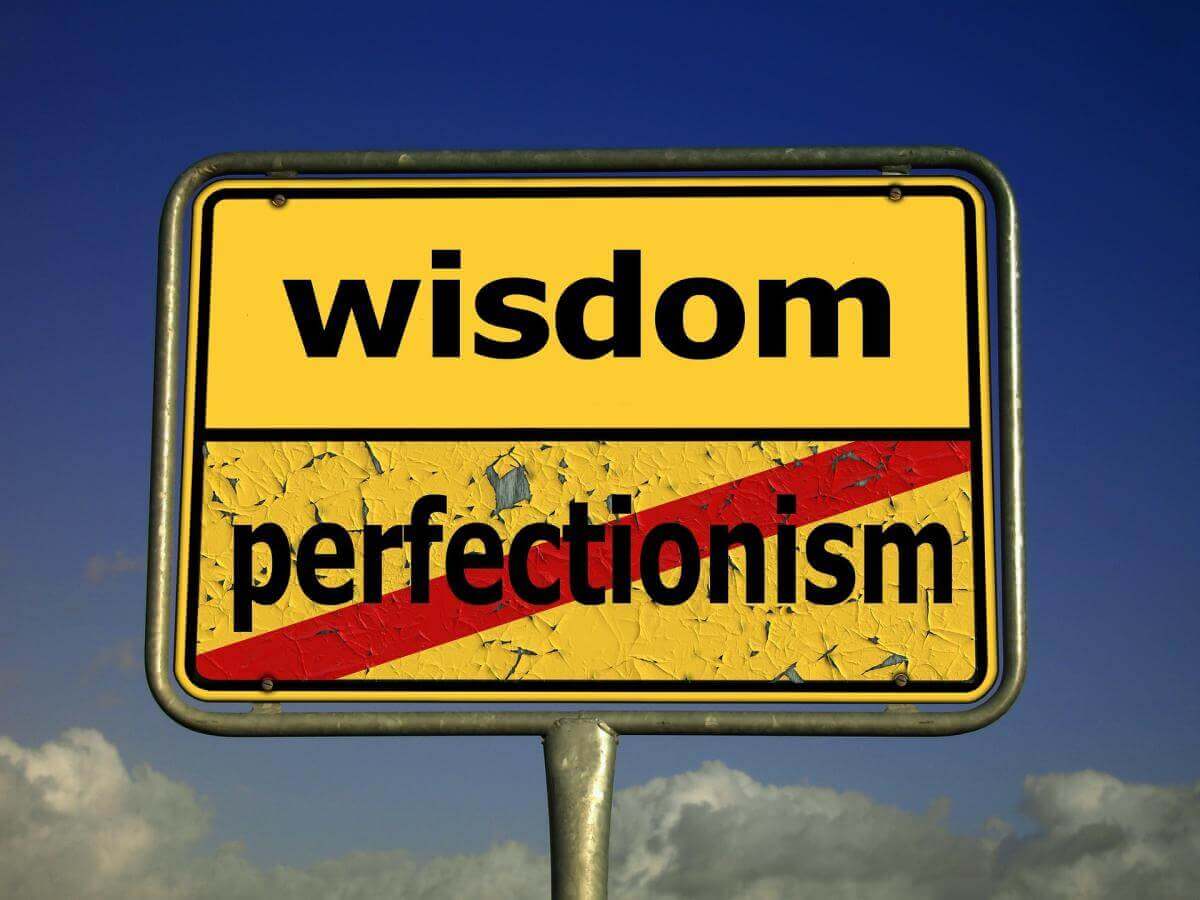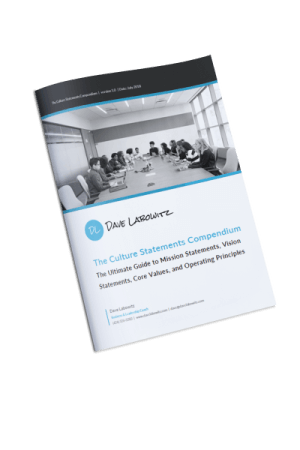When I was a kid, my mother was never satisfied with anything I did. After getting the usual sharp criticism, often due to issues like bringing home a 98% on a test rather than a 100%, I used to defend myself by pointing out that she expected me to be perfect and that I never would be. Her response, without fail, was “No, I don’t expect you to be perfect. But do you have to be so far from perfect?” I eventually succumbed to her thorough imprinting and adopted her belief system: I became an unapologetic perfectionist.
The way I saw it, without perfectionism I would not have had the motivation to strive for excellence. I aimed high and achieved remarkable results, especially in my professional life. But each time, regardless of how great the result was, it was never perfect and I was left somewhere between disappointed and crushed. As I continued to grind away on the Sisyphean path of perfectionism, my self-esteem and confidence eroded. Other people told me I should be proud of my accomplishments, but all I saw was the missing 2% and that constituted failure.
This created a damaging cycle for me. I worked my ass off, accomplished a ton, and felt like crap about it. The next time I’d work even harder, determined to hit my own impossibly high standards. As I worked harder, I’d be more emotionally invested in the outcome and would be even more devastated when I fell short. I succeeded in almost everything but felt worse and worse about myself.
I finally reached a point where I was tired of suffering and starting working on undoing my self-fulfilling prophecies. I realized I was so busy judging outcomes that I wasn’t ever bothering to praise myself for working hard or for sticking to my commitments. I was entirely focused on results. In fact, I had set up a paradigm in which it was impossible to win.
Intellectually, I knew the key to breaking out of this loop was to focus on what I was doing well rather than what I wasn’t accomplishing. It sounded easier said than done until one day I was able to permanently adjust my viewpoint while staring at, of all things, an iPhone app.
I had downloaded an app called Way of Life to track my daily and weekly commitments to myself: things like eating right, working out, drinking enough water, etc. Each day I would check off the boxes for the commitments I kept and they would turn green. The other boxes would turn red.  After tracking for a few weeks I looked at a trend chart and noticed I was failing to meet my commitments 15-25% of the time. As I started to mentally beat myself up, my eye fell on the large mountain of green in the chart.
After tracking for a few weeks I looked at a trend chart and noticed I was failing to meet my commitments 15-25% of the time. As I started to mentally beat myself up, my eye fell on the large mountain of green in the chart.
It struck me how easy it was to change my perspective and step out of my self-defeating perfectionist cycle. All the reds represented were times when I didn’t change my status quo. The greens, though, represented times when I had created something new and good in my life. I had created the greens just as much as the reds. All I needed to do, in order to feel good, was to focus on the greens, not the reds.
Since discovering the Way of Life “greens” as a metaphor for being more mindful of what I’m doing well, I’ve found it has been much easier to be gentle with myself and let go of the self-destructive pattern of perfectionism.
What do you think? What methods have you found helpful to combat perfectionism? Shoot me a note and let me know!







